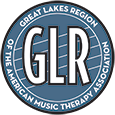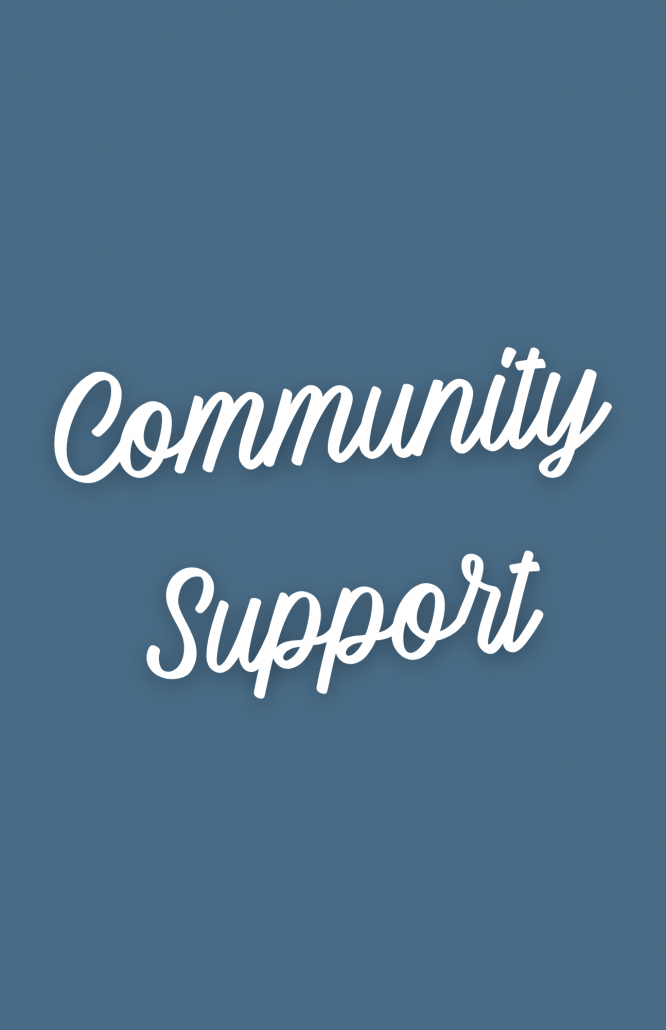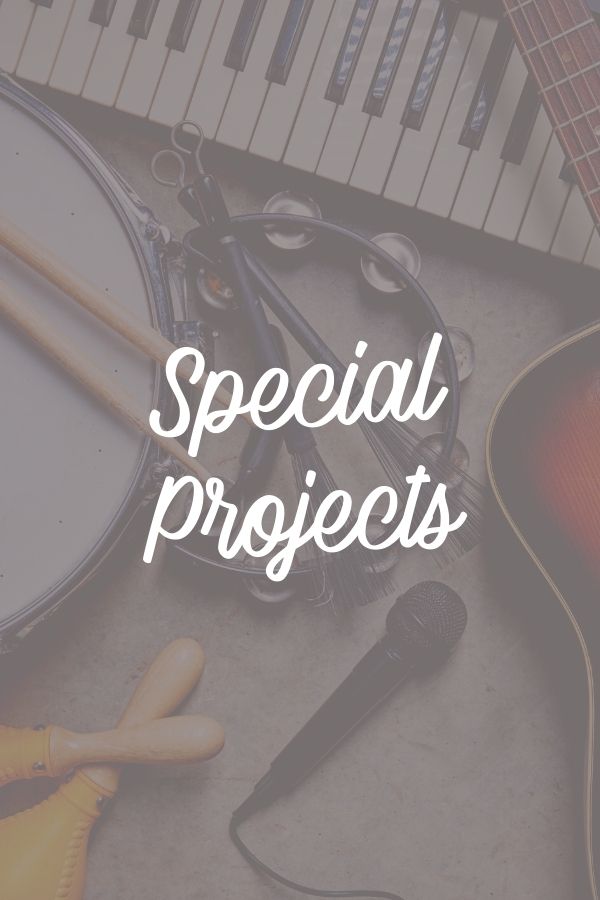The following community support will be awarded in 2025. All students, interns, professional and retired community members, learning, living and/or working in the GLR are eligible to apply. Application deadlines occur throughout the calendar year and can be found in the table below and are also on the GLR Calendar of Events. Applicants can reply to application questions in the following formats: video and/or audio submissions, powerpoints, Canva creations, written text or other arts based medium.
Please note: Community members may not receive Support funds from GLR more often than once in a three year period. Also, members of the GLR Executive Committee are not eligible to receive financial support from the GLR.
Categories of Community Support and Scholarships
- New Professional CBMT Examination Support – Aims to remove barriers connected to entry into the field of Music Therapy, $325 will be awarded to 4 new professionals in 2025 to cover the cost of the CBMT exam.
- Professional Membership Support – Designed to increase accessibility for membership in organizations and/or maintenance of necessary fees across all levels of professional practice, $1,000 is available for professionals to request in varying amounts.
- Professional Continuing Education Scholarships – Aims to support individualized and holistic self-growth that will increase skills and knowledge used in clinical work. $700 available for professionals to request in varying amounts.
- Changemaker Awards (Undergraduate, Graduate and Intern) – Seeks to highlight and honor those students and interns who have brought that vision to life during their music therapy training. Three $250 awards will be given.
- GLR Bookclub Scholar -Aims to remove financial barriers to participation in the GLR DEI Bookclub and completion of CMTE credits by providing funds to purchase the book.
- Intern Stipend Support – Seeks to work towards making internships more inclusive and financially accessible for all. Two $500 awards will be given.
| Category of Support | Amount of Support | Application Deadline |
|---|---|---|
| New Professional CBMT Examination Support | 4 @ $325 each | March 31st July 31st September 30th December 31st |
| Professional Membership Support | Varying amounts up to the $1000 budgeted | March 31st |
| Professional Continuing Education Scholarship | Varying amounts up to the $700 budgeted keeping in mind the 4 due dates (approx $175/per quarter) | March 31st July 31st September 30th December 31st |
| Undergraduate Student Changemaker Award | 1 @ $250 | April 30th |
| Graduate Student Changemaker Award | 1 @ $250 | April 30th |
| Intern Changemaker Award | 1 @ $250 | April 30th |
| GLR DEI Bookclub Scholar | TBD based on cost of book as determined by DEI Committee | May/June |
| Intern Stipend Support | 2 @ $500 each | April 1st October 1st |
The Community Support and Scholarship Committee:
Special Projects
GLR Special Projects are a mechanism established by the Great Lakes Region for members to support clinical projects, research projects, committee-related projects, or student-geared projects. Funding is available in three categories and up to $1,500 per project. Each fund has a specific purpose, protocol, and eligibility requirements.
Due to IRS regulations, no elected or appointed members in a GLR Regional position may apply for the GLR Special Projects.
1. The MUSE Fund (MUsical Instruments and supporting materials, clinical Services, Education)
2. Research Fund
3. Student Access Fund
The MUSE Fund
The MUSE Fund is intended to support the needs of clinicians, the clinical use of music therapy within the CBMT Scope of Practice, AMTA Standards of Clinical Practice, and within the boundaries of the Professional Competencies of music therapists, and the advancement of GLR. Members of the GLR, including student members, can apply for funds to support the clinical use of music therapy including the purchase of musical instruments and supporting materials, the clinical training of the music therapist, clinical services of a music therapist, or one‐time committee‐related projects. The outcomes of projects supported by the MUSE fund are to be clinical or professional in nature. Data collection related to projects funded by MUSE is to be for the express purpose of enhancing the quality of music therapy service for the client or for advancement of the music therapy profession and not intended for research. Should data be collected for the purpose of presentation or publication, applicants should apply for the Research Fund.
Applicants are encouraged to apply for the MUSE Fund to support various aspects of clinical practice and professional life as a music therapist. Examples of materials, education, and services include but are not limited to the following items: drums, iPad, Orff instruments, sign language course, fees for a clinical music therapist, parachute, one‐time committee travel expenses, etc. Within the application, it should be made clear how the funds would be used and how the practice of music therapy would be enhanced by the funds.
Research Fund
Members interested in conducting music therapy research are encouraged to apply for the Research Fund. Projects that are considered to be research are those that collect various types of data for the purpose of answering a research question that may or may not directly impact a specific client. These include master’s theses, dissertations, and other studies where publication or presentation is the desired format for distributing results. All applicants proposing research involving human participants must have clearance from an Institutional Review Board (IRB) or Human Subjects Review Board (HSRB). The GLR Executive Committee will consider only those research proposals that have such a mechanism in place for the protection of human participants. Research that is approved by the GLR Executive Committee will receive funding only after the applicant/researcher provides written proof of IRB/HSRB approval.
Research funding can be used to cover expenses related to research including but not limited to the following areas: travel costs, materials, testing measures, computer time, analysis support, instruments, clinical services for another music therapist, etc. Stipends for the primary researcher are not the purpose of this fund but will be considered in conjunction with other expenses and funding sources.
Student Access Fund
The Student Access Fund is intended to support the growth of music therapy students and interns. Applicants may be either music therapy students, interns, or professionals intending to support students/interns.
The outcomes of projects supported by the Student Access Fund must directly benefit student music therapists and/or interns. The Student Access Fund can be used for one-time projects, musical instruments and supporting clinical materials, or outside training opportunities for the student music therapist. The Student Access Fund can not be used for university tuition and housing or CBMT examination fees.
Applicants are encouraged to apply for the Student Access Fund to support various aspects of clinical practice and growth as a future music therapist. Examples of potential projects include but are not limited to the following: student-focused events, instruments, technology, movement props, study abroad, sign language course, NICU Training, etc. Within the application, it should be made clear how the funds would be used and how students would directly benefit from the use of the funds.
Dissemination of Results
If awarded a GLR Special Project, you will be asked to share the outcome information with the region. This may be done through one or more of the following means: presentation of a concurrent session at the regional conference; a virtual presentation recorded for inclusion with conference hybrid materials and/or the region’s YouTube channel; a report to the GLR Executive Committee (either in person at the regional conference or virtual); or a regional conference research poster submission. These presentations will be coordinated through the GLR President Elect. It is strongly preferred that these presentations occur at the GLR conference the year following the award. If the project is not complete or you need additional time, please communicate this to the GLR President Elect. Please direct all communication to glr.president.elect@gmail.com.
Please note: Community members may not receive Support funds from GLR more often than once in a three year period. Also, members of the GLR Executive Committee are not eligible to receive financial support from the GLR.


